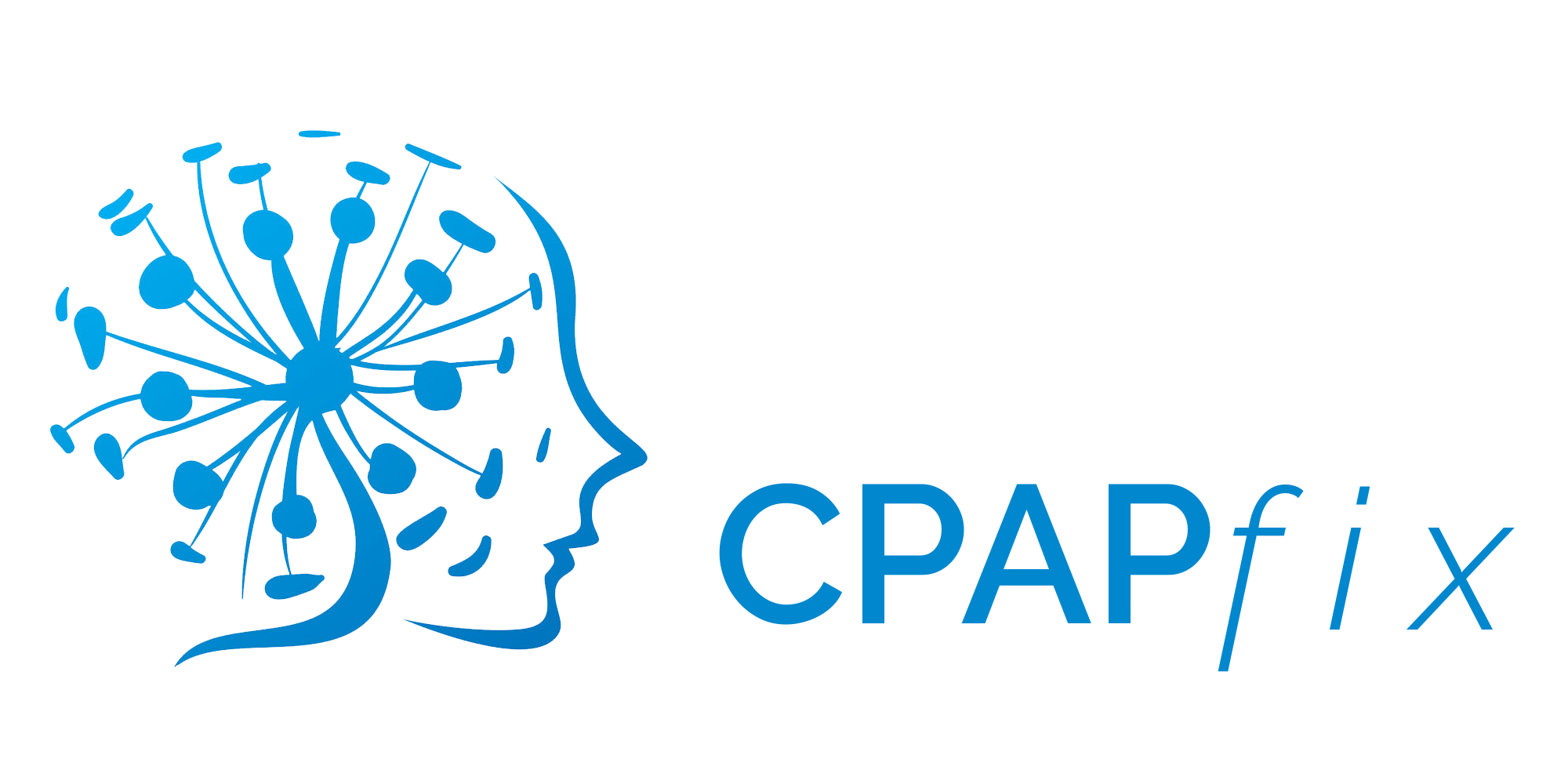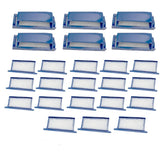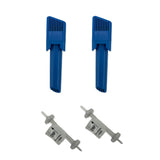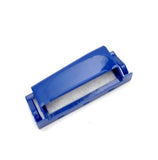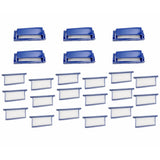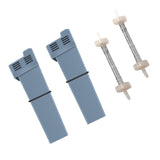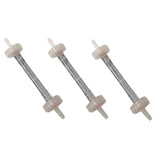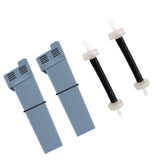Tech Tips
Tech Tips
Sleep Apnea Assessment
Sleep Apnea Assessment
There are several types of sleep apnea, but the most common is obstructive sleep apnea. This type of apnea occurs when your throat muscles intermittently relax and block your airway during sleep. A noticeable sign of obstructive sleep apnea is snoring.
CPAP therapy utilizes machines specifically designed to deliver a constant flow of pressure. Some CPAP machines have other features as well, such as heated humidifiers. CPAP is the most effective treatment for obstructive sleep apnea, in which the mild pressure from the CPAP prevents the airway from collapsing or becoming blocked.
How do I know if I have sleep apnea?
If you think you may have sleep apnea, you should schedule an appointment with your physician immediately. Typically, your physician will refer you to a sleep study, this can be a lab study or you take home a small device to monitor your sleep patterns including, breathing and oxygen levels. This machine is then returned and analyzed. If you’re not sure, take our sleep apnea quiz below for a rough idea.
SIGNS AND SYMPTOMS OF OBSTRUCTIVE SLEEP APNEA INCLUDE:
- Excessive daytime sleepiness
- Loud snoring
- Observed episodes of breathing cessation during sleep
- Abrupt awakenings accompanied by gasping or choking
- Awakening with a dry mouth or sore throat
- Morning headache
- Difficulty concentrating during the day
- Experiencing mood changes, such as depression or irritability
- High blood pressure
- Nighttime sweating
- Decreased libido
CONSULT A MEDICAL PROFESSIONAL IF YOU EXPERIENCE, OR IF YOUR PARTNER OBSERVES, THE FOLLOWING:
- Snoring loud enough to disturb your sleep or that of others
- Waking up gasping or choking
- Intermittent pauses in your breathing during sleep
- Excessive daytime drowsiness, which may cause you to fall asleep while you're working, watching television or even driving a vehicle
There are several types of sleep apnea, but the most common is obstructive sleep apnea. This type of apnea occurs when your throat muscles intermittently relax and block your airway during sleep. A noticeable sign of obstructive sleep apnea is snoring.
CPAP therapy utilizes machines specifically designed to deliver a constant flow of pressure. Some CPAP machines have other features as well, such as heated humidifiers. CPAP is the most effective treatment for obstructive sleep apnea, in which the mild pressure from the CPAP prevents the airway from collapsing or becoming blocked.
How do I know if I have sleep apnea?
If you think you may have sleep apnea, you should schedule an appointment with your physician immediately. Typically, your physician will refer you to a sleep study, this can be a lab study or you take home a small device to monitor your sleep patterns including, breathing and oxygen levels. This machine is then returned and analyzed. If you’re not sure, take our sleep apnea quiz below for a rough idea.
SIGNS AND SYMPTOMS OF OBSTRUCTIVE SLEEP APNEA INCLUDE:
- Excessive daytime sleepiness
- Loud snoring
- Observed episodes of breathing cessation during sleep
- Abrupt awakenings accompanied by gasping or choking
- Awakening with a dry mouth or sore throat
- Morning headache
- Difficulty concentrating during the day
- Experiencing mood changes, such as depression or irritability
- High blood pressure
- Nighttime sweating
- Decreased libido
CONSULT A MEDICAL PROFESSIONAL IF YOU EXPERIENCE, OR IF YOUR PARTNER OBSERVES, THE FOLLOWING:
- Snoring loud enough to disturb your sleep or that of others
- Waking up gasping or choking
- Intermittent pauses in your breathing during sleep
- Excessive daytime drowsiness, which may cause you to fall asleep while you're working, watching television or even driving a vehicle
